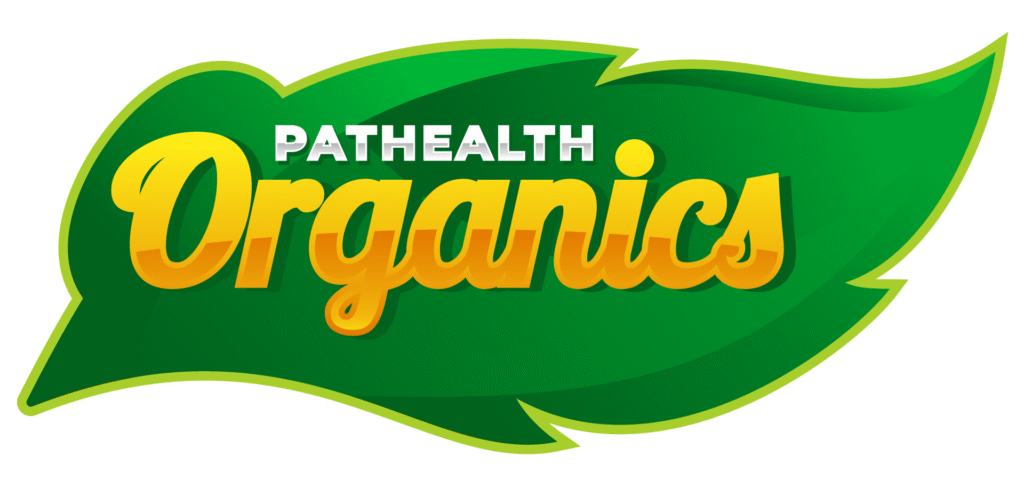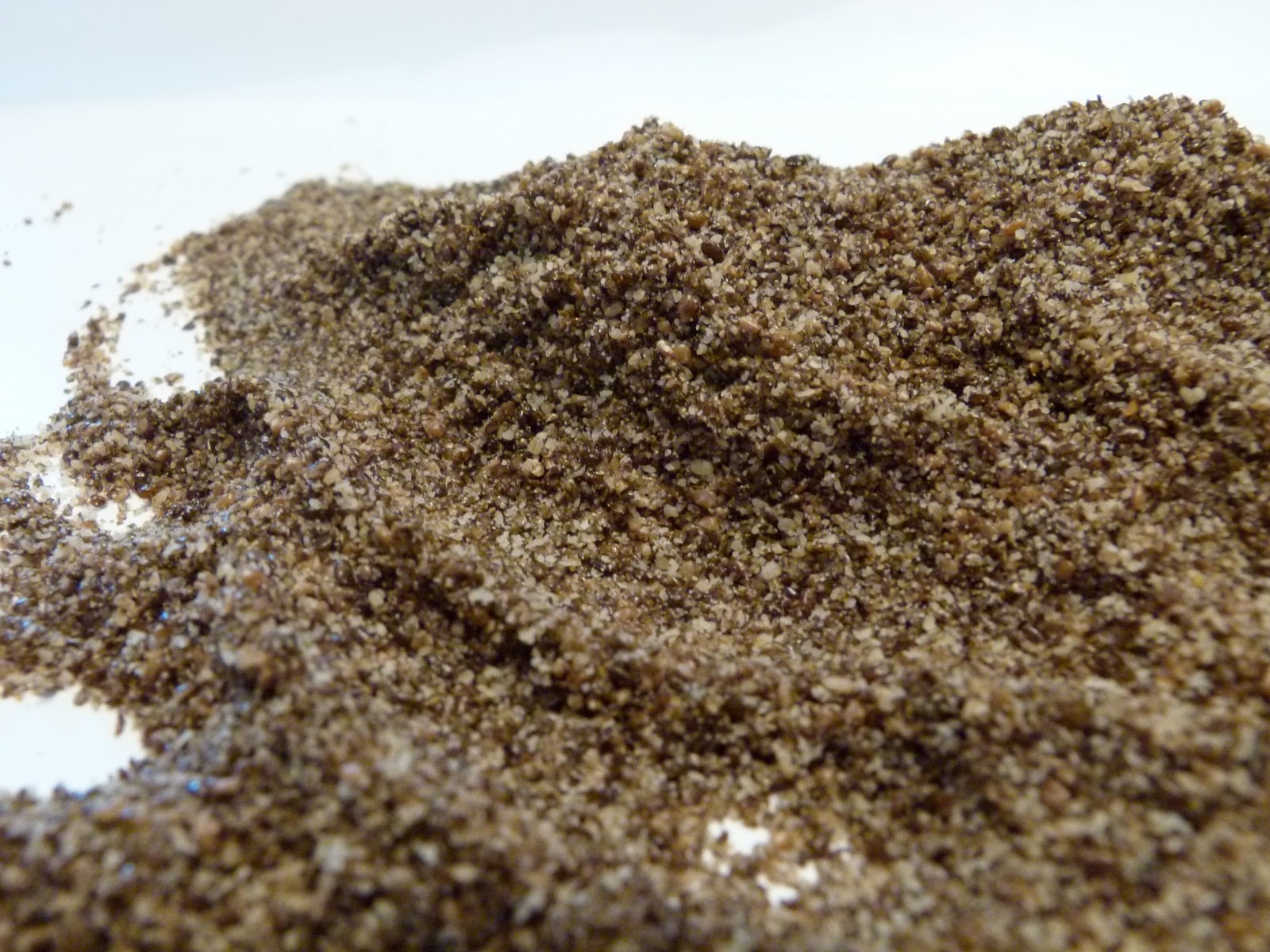Chia seeds are rich in omega-3 fatty acids. Consuming chia seeds is probably the easiest way to intake these healthy fatty acids. Yes, we have flaxseeds or salmon that are good sources of omega-3s, but it’s all about the ease of intaking. You don’t have to grind or cook the chia seeds. One serving of chia seeds contains 5 grams of omega-3 fatty acids (1).
They contain soluble fiber. Simply get the chia seeds a little wet, and you will see them turning into a gel – which is the soluble fiber. The benefits of soluble fiber are many – it helps manage blood sugar, feeds the gut-friendly bacteria, and even bulks up the stool (2). A single serving of chia seeds meets almost a third of your daily fiber requirement. A high content of calcium, phosphorous, and manganese make them good for the bones.
Fiber in chia seeds also helps you feel full for longer periods of time. It promotes satiety. The seeds absorb water in the stomach and then expand, thereby suppressing your appetite (3). This can eventually lead to weight loss.
As per a Brazilian study, chia seeds play a role in fat reduction (4). Chia seeds are also rich in protein, which also has been found to promote satiety and weight loss (5).
As discussed, chia seeds are one of the few types of seeds that are an excellent source of omega-3 fatty acids (1).
Since they are packed with fiber, especially insoluble fiber, chia seeds turn into a gel when they come in contact with water. This adds to your stool and aids bowel movements, thereby relieving constipation (6). Fiber also has been found to improve digestion.
Chia’s ability to slow down digestion can be linked to diabetes prevention. The gelatinous coating chia seeds develop can also prevent spikes in the blood sugar levels (7).
According to the United States Department of Agriculture, chia is one of those foods considered to be useful in diabetes treatment. The seeds were also found to improve the blood pressure levels in diabetics (8).
Another reason chia can be good for diabetics is the presence of omega-3 fatty acids that are known to be nutritionally important for the treatment of the disease (9).
As per a report published by the UCSF Medical Center, chia seeds are a good source of alpha-linoleic acid, which can help prevent breast cancer (10). The same goes for omega-3 fatty acids.
The omega-3 fatty acids get the credit, again. These fatty acids help lower blood cholesterol and prevent coronary heart disease in the process (11). The monounsaturated fats in chia seeds help lower the cholesterol levels. The Academy of Nutrition and Dietetics also states that adding chia seeds to the diet can keep a check on the cholesterol levels (12).
Chia seeds, as part of a heart-healthy diet and lifestyle, can enhance heart health and prevent heart-related ailments (13).
The omega-3s also reduce triglycerides, a type of fat in the blood. In addition, they reduce the risk of irregular heartbeat, lower blood pressure, and slow down the accumulation of arterial plaque (14).
Chia seeds were also found to treat dyslipidemia, a metabolic disorder where there is an abnormal amount of cholesterol in the blood (15). In another Argentine study, the alpha-linoleic acid in chia seeds had improved the condition of rats suffering from dyslipidemia (16). In addition to treating dyslipidemia, chia seeds were also found to increase the levels of HDL or good cholesterol.
Chia seeds are packed with B vitamins, zinc, iron, and magnesium – all of which help boost energy. You can add the seeds to your favorite smoothie and enjoy a refreshing burst of energy. Chia seeds can also boost your metabolism (17).
Chia seeds are a great source of protein. As per a Brazilian study, chia seeds had shown great protein quality (18). They also had improved the lipid profiles (cholesterol levels, basically) in rats.
Chia seeds contain 19% protein. And according to the American Journal of Clinical Nutrition, a high-protein diet can reduce hunger and encourage satiety (19). The seeds contain high-quality protein with all the necessary amino acids (20).
Chia, considered a superfood, is believed to enhance your mood upon regular consumption. As per a Pittsburgh study, omega-3 fatty acids are associated with improved mood and behavior (21). Consuming chia seeds might also help you combat depression.
We all know how important antioxidants are. And chia seeds have them in abundance. The antioxidants are not only good for the cells, but for the skin as well – as they help slow down the signs of aging (22). The antioxidants in chia seeds have also been found to reduce the risk of cancer and heart disease. A high antioxidant content is what makes chia seeds more shelf-stable than other seeds (23).
One study has shown that increased consumption of calcium-rich foods, like chia seeds, can improve skeletal health (24). Consumption of chia seeds is also considered an effective way to improve calcium intake (25).
In addition to calcium, chia seeds are also rich in manganese – both of which are crucial for maintaining strong bones and teeth (1).
Chia seeds are also rich in phosphorus, a mineral that has been found to enhance bone health (26). The presence of antioxidants in chia seeds can also protect your teeth from damage (27).
The omega-3 fatty acids in chia seeds have been found to increase circulation and reduce dryness and skin inflammation. And as per a Manchester study, omega-3s help protect the skin from UV radiation (28). The seeds may also help reduce skin sagging.
Chia seeds contain anti-inflammatory properties that could help prevent arthritis (29).
Diverticulosis is the presence of tube-like structures in the intestine with no signs of inflammation. Chia seeds, simply because they are vegetarian and rich in omega-3s, are found to help prevent diverticular disease (1).
Lack of fiber has also been linked to diverticulosis – and chia seeds, being an excellent source of fiber, can help treat this condition (30). They absorb the water in the colon and smoothen the bowel movements.
The presence of omega-3s, fiber, and protein make chia seeds one of the best anti-inflammatory foods out there (31). The anti-inflammatory properties of chia seeds can also aid in the treatment of arthritis (29).
In addition to numerous other nutrients, chia seeds are also rich in manganese (32). Manganese might help in the treatment of arthritis, diabetes, and epilepsy. Manganese also has excellent antioxidant properties. It improves metabolism and accelerates wound healing (33).
One serving of chia seeds contains 30% of the RDA of magnesium. The mineral has several benefits – a few of them include treatment of hypertension and heart disease, osteoporosis, and type 2 diabetes (34).
Magnesium also helps in the production of energy in the body, and a lack of it can cause fatigue, insomnia, irritability, and poor memory (33).
There are two hormones that are essential for sleep – serotonin and melatonin. These two hormones are produced by tryptophan, an amino acid in the body. Chia seeds, being high in tryptophan, aid good sleep and relaxation (34). According to an American study, tryptophan is also used for treating numerous sleep disorders (35).



